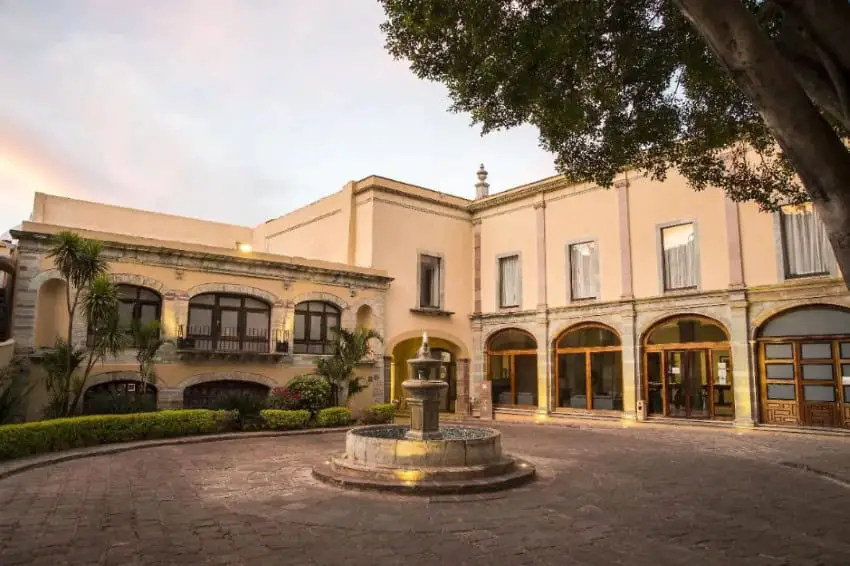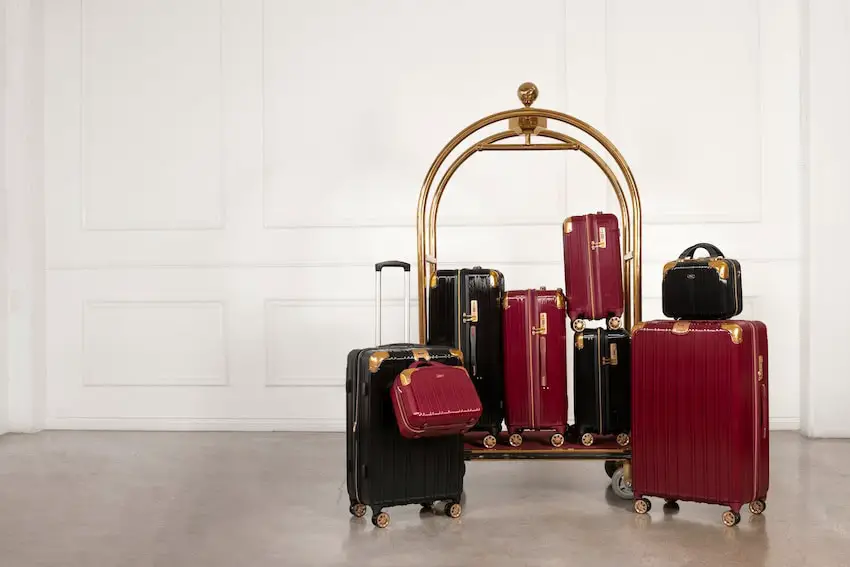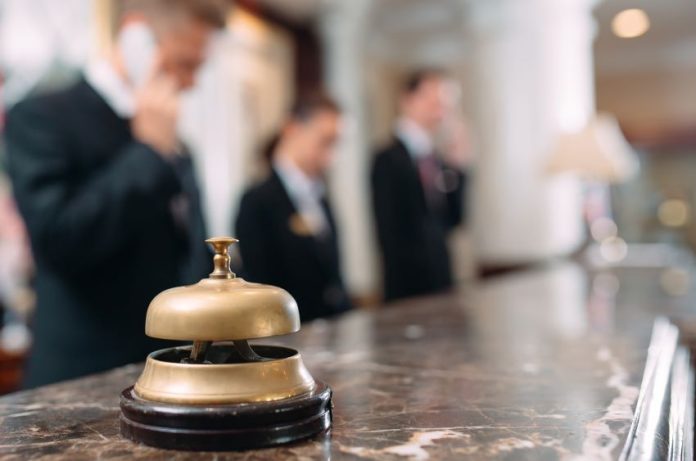A few years ago, the manager of a boutique hotel in Guanajuato asked me to lead a customer service training for the hotel’s reception, restaurant and cleaning staff. As a business trainer in the United States, I’d led customer service training many times. But never a Mexican customer service training session! I was probably more nervous than the participants, especially with the language, even though I spoke advanced Spanish.
The manager wanted to empower his staff to make decisions without always consulting him. That’s a tall order in Mexico, where employees are typically expected to show respect for authority and defer decisions to the manager. He was also concerned that the staff didn’t always understand what international guests expected, leading to frustration for guests and employees alike.

What was more, he told me, they sometimes came across as overly formal, responding to questions with just a brief yes or no without any explanation. I had experienced this myself in different settings and knew that it wasn’t a helpful response to the mostly international hotel guests, visiting from the United States, Canada, Japan and Germany.
I prepared for weeks, customizing my English-language customer service training material for a Mexican group and going over the resources and exercises I planned with my Spanish tutor. At the seminar, I began the first session by introducing myself and then telling the participants that I believed focusing on customer service would help them gain success.
The universal elevator speech
We started with self-introductions, which are an important part of any business interaction. One by one, each person stood up and told us their name and role. They were nervous at first, but gradually warmed up. I usually asked them to do it again, suggesting that they slow down, pause frequently and speak up.
For foreigners, Mexican names can be a mouthful, consisting of a first name (or two), the father’s last name, followed by the mother’s. These sometimes sound like a blur and are hard to remember for those with little exposure to Mexico. By the end of the circuit, everyone seemed more comfortable with their self-introduction.
Responding to complaints
Then we made a list of the main complaints they heard from guests:
“The air conditioning doesn’t work.”
“There’s no hot water.”
“This meal wasn’t what I expected.”
“It’s nighttime. I have this problem, and the maintenance crew isn’t around.”
We role-played how to respond. I was delighted when a participant pointed out that just answering with one word wasn’t helpful; what was important, he said, was to offer a solution.

Everyone cracked up when one of the cleaners shared that a customer complained when a wheeled bed kept escaping from its usual spot and rolled all the way to the door.
Changing old habits isn’t easy
During the role-playing exercise, the staff told me that workers in Mexican hotels and restaurants are trained to keep their hands behind their backs as a sign of deference, a style that wouldn’t work well with most North American or European guests.
I brought this up later with the manager, who suggested I encourage them to use more visible body language, but also that I ask them how they felt trying a different nonverbal style, as it’s not easy to change deeply ingrained habits. I was impressed with his level of understanding and respect for his staff.
Alternatives to common responses
Later in the session, we discussed different options to statements often used in Mexico:
Instead of “no hay” — “There isn’t any” — try “We don’t have that currently, but would you like…?”
Instead of “no es posible,” offer something that is possible.
Instead of “no puedo” — “I can’t” — say something positive: “What I can do is…”
Instead of “se acabó” — “We’re out of it” — try “We don’t have that currently. Would you like this instead?”
Body language
As participants practised alternative responses, we also discussed the fact that nonverbal communication is very cultural, and what’s appropriate in one culture may not be in another. As the manager suggested, I encouraged them to experiment with keeping their hands visible and looking directly at the guest, even though it was different from their normal style, and to notice whatever feelings came up.
For homework between sessions, I gave the participants a list of questions about the hotel to increase their knowledge, so that they could better answer a question, even if it was outside their area of expertise, such as “List a couple of the services offered in the Day Spa” and “What the are the three types of suites called?”

(Ashwini Chaudhary/Unsplash)
Following up on guests’ concerns
In the second session, we discussed how to let a client know they would get back to them with an answer. Guests from goal-oriented cultures like the United States and Germany are reassured by a precise time frame, not the “ahorita” — fairly soon — or “un ratito” — “a little while” — so commonly used in Mexico.
Making action statements
In the final exercise, the participants created action statements such as “I’ll promise only what I can deliver,” “I’ll offer solutions, not excuses,” “I will give specific, concrete responses to guests,” “I’ll focus on the guest instead of chatting with my coworker” and “I won’t look at my phone when guests are around.”
I also created action statements myself: “I’ll institute the ground rule I always use in the U.S. but forgot here: No side conversations!” There wasn’t a lot of chatter, but it doesn’t take much to be distracting. And “I’ll make it clear that no one has to ask my permission to go to the restroom!”
What we all learned
Based on their evaluations, the hotel staff learned why it was helpful to come across less passive and deferential, as well as the importance of cross-departmental knowledge.
And I learned that despite a highly egalitarian manager, they still found it difficult to let go of their hierarchical cultural training. I was also struck by the fact that, among themselves, they ignored differences in status and pay, had fun, teased each other and made jokes.
I was pleasantly surprised when they said Americans and Canadians were pretty forgiving when their expectations weren’t met. In their experience, it was Mexicans and Italians who were more likely to get irritated.
On further reflection, my only regret is that I didn’t schedule a follow up session a couple of months later to find out how well they were internalizing the insights they’d gained. Still, they were so positive at the end that I’m hopeful the training helped increase their success in their work lives.
Louisa Rogers and her husband Barry Evans divide their lives between Guanajuato and Eureka, on California’s North Coast. Louisa writes articles and essays about expat life, Mexico, travel, physical and psychological health, retirement and spirituality. Her recent articles are on her website, https://authory.com/LouisaRogers
